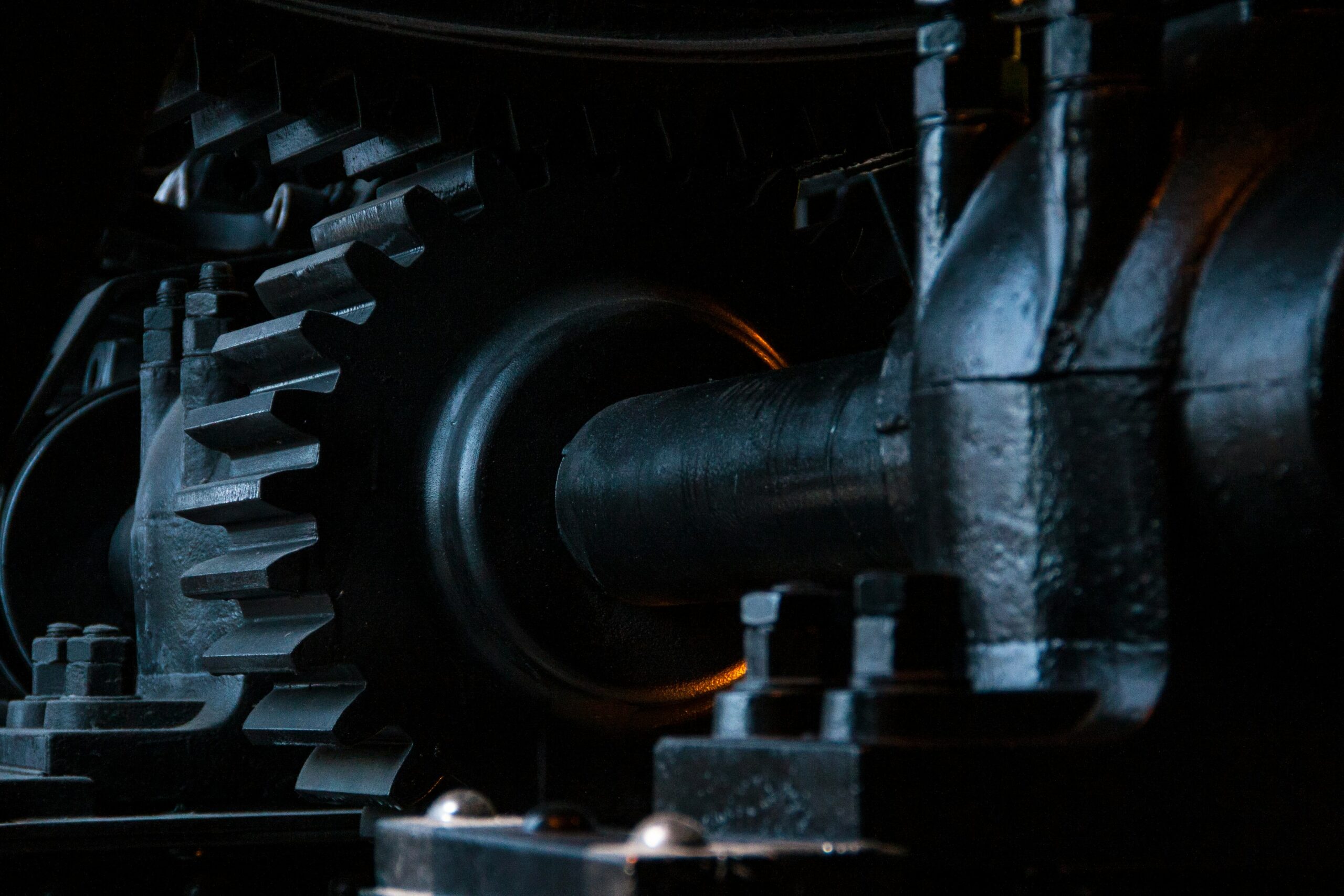If you're looking to turn your creative concepts into market-ready products, then Design for Manufacturability (DFM) is your solution. DFM is often an unsung hero in the product development process, yet it plays a crucial role. In this article, we'll explore the significance of DFM, its influence on manufacturers, and the beneficial role of contract manufacturers.

What is Design for Manufacturability?
Picture this: you've conceptualized the next groundbreaking product, scribbled designs on countless napkins, and even dreamt of its success. Now, you're eager to see it go from the drawing board to the production line. Enter Design for Manufacturability – the strategic approach that turns your visionary sketches into manufacturable realities.
DFM is more than just a set of guidelines; it's a philosophy that influences every stage of the design process. From the choice of materials to the complexity of assembly, DFM ensures that your product isn't just a marvel on paper but a feasible, cost-effective, and scalable creation. Think of it as the GPS for your product development journey – ensuring you take the most efficient route to success.
Why is DFM Important?
Let's cut to the chase – designing a product that looks cool is one thing, but designing one that can be intuitively manufactured is another league entirely. DFM isn't just a box to tick off; it's the secret sauce that transforms your product into a manufacturing-friendly masterpiece. Here's why it matters:
Cost Efficiency: One of the primary benefits of DFM is cost efficiency. By optimizing the design for easy and efficient manufacturing processes, you save both time and money. Fewer manufacturing hurdles mean reduced production costs, making your product more competitive.
Faster Time-to-Market: In the ever-evolving world of innovation, time is of the essence. DFM expedites the journey from concept to market by eliminating design bottlenecks and ensuring your product is primed for swift and smooth production.
Enhanced Quality: DFM isn't just about speed and cost; it's about delivering a high-quality product. A design that considers manufacturability and assembly from the get-go is more likely to result in a robust, reliable, and consistent product.
Scalability: Scalability becomes a key consideration as your product gains traction. DFM ensures your design is scalable without compromising quality or incurring exorbitant production costs. This scalability is crucial for meeting growing market demands.
Impact on Manufacturers
While Design for Manufacturability (DFM) is great in theory, you might be curious how it performs in practice. The direct benefits of DFM have positively influenced startups and legacy suppliers alike. A few examples of DFM results include:
Streamlined Production Processes: Manufacturers aim for efficiency, and DFM is their best ally. A design that considers the manufacturing process leads to reduced complexities, minimized errors, and streamlined production - making the manufacturers' lives a lot easier.

Reduced Lead Times: DFM saves time and helps manufacturers get their products to market faster. By simplifying the process from design to production, it eliminates unnecessary steps and ensures a seamless transition. This means happier stakeholders and greater market dominance for your product.
Minimized Production Costs: By optimizing material usage, streamlining assembly processes, and reducing waste, DFM enables manufacturers to achieve substantial cost savings while complying with high-quality standards.

Contract Manufacturers: Making Design for Manufacturability Easy
Bringing DFM concepts to life can be difficult, but contract manufacturers help to simplify the process. Bringing alongside a manufacturing partner can help you see around corners, anticipate pain points, and derisk your production process. Here are some other ways a contract manufacturing partnership can benefit you:
Expertise in Diverse Industries: Contract manufacturers are like chameleons; they adapt to the requirements of various industries. Their diverse expertise allows them to navigate the intricacies of different product designs, making them invaluable partners in your manufacturing journey.
Flexibility and Scalability: The business landscape is dynamic, and your manufacturing needs might change. Contract manufacturers offer the flexibility to scale production up or down based on demand. This adaptability is a game-changer, especially in volatile markets.
Cost Efficiency: Contract manufacturers bring a wealth of experience and resources to the table. By leveraging their expertise, you can achieve economies of scale, reducing production costs and boosting your bottom line.
Focus on Core Competencies: Designing a product is your forte, not necessarily the nitty-gritty of manufacturing. Contract manufacturers allow you to focus on what you do best while entrusting the production intricacies to the experts. It's a partnership that frees you up to innovate without getting bogged down by the manufacturing nitty-gritty.
The Long-Term Benefits of Designing for Manufacturability
As we wrap up this rollercoaster ride through the world of DFM, let's reflect on the long-term benefits that extend beyond the initial production phase:
Market Competitiveness: A product that embraces DFM principles is inherently more competitive. Its cost efficiency, faster time-to-market, and scalability position it as a formidable player in the market, ready to take on the competition.

Brand Reputation: Consistency in quality and timely delivery builds a stellar brand reputation. Customers value reliability, and a product consistently meeting or exceeding expectations becomes synonymous with trustworthiness.
Innovation Potential: DFM isn't just about manufacturing; it's about fostering innovation. By streamlining the production process, DFM liberates your creative spirit, allowing you to focus on pushing the boundaries of what's possible.

DFM: A Strategic Edge
Design for Manufacturability is a crucial aspect of product development that should never be overlooked. It's not just a nice-to-have; it's an essential strategic approach that can make or break your project. Prioritizing manufacturability can streamline processes, cut costs, and speed up time-to-market, giving you a critical edge over competitors.
So, as you plan your next product, remember that Design for Manufacturability is not just a blueprint, but a roadmap to creating a market-ready masterpiece. Don't hesitate to innovate boldly and confidently, knowing that you have taken all the right steps to ensure your project's success. Interested in a contract manufacturing partner that can simplify DFM? Contact Edison today.



